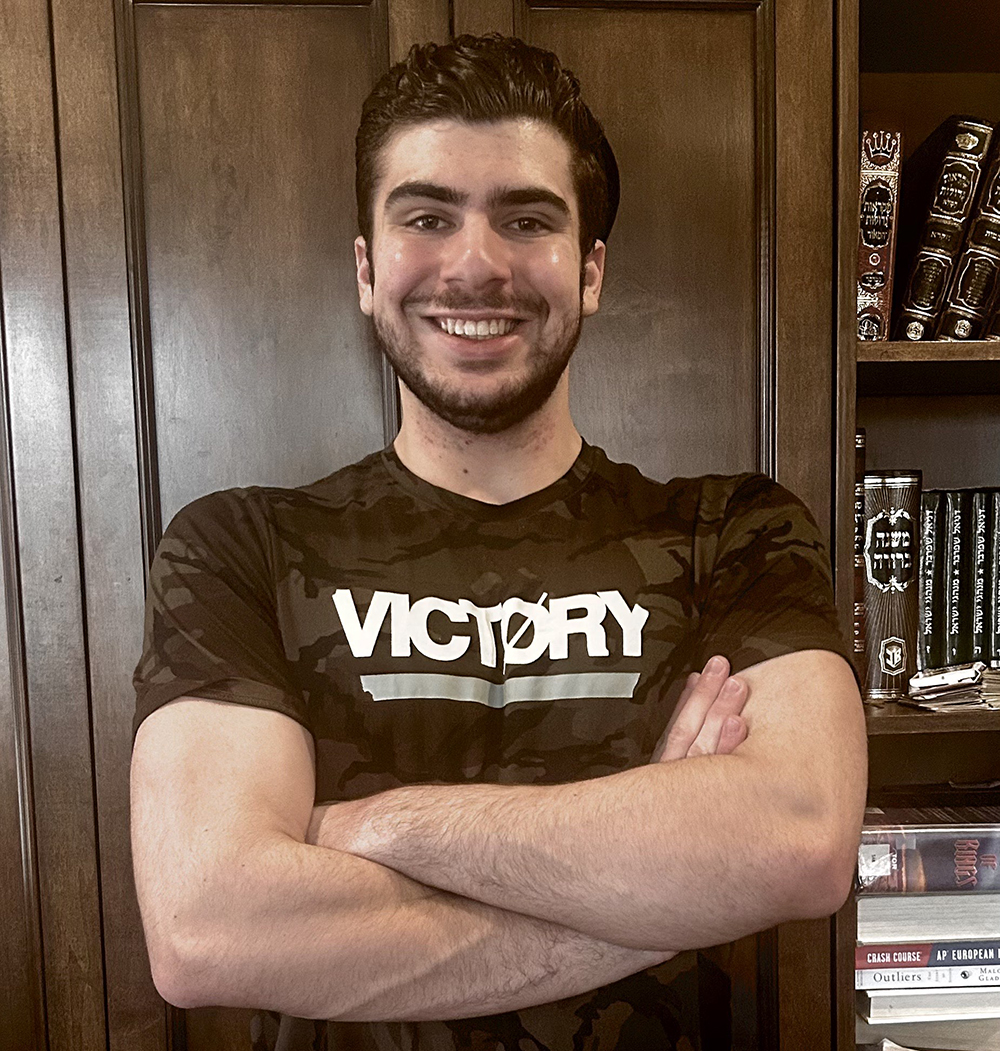He became president in a sham election and was being groomed as the Islamic Republic’s next Supreme Leader. I won’t miss him.
As I was following the news about the crash of the Iranian president’s helicopter, I thought back to when I first heard the name Ebrahim Raisi. It was when he was appointed, in 2016, as the chairman of Astan Quds Razavi, an old foundation that manages the donations, whether cash or property, to the eighth Shia Imam and also controls the industries that belong to it. Ironically, I didn’t notice his name from the domestic Persian news, but from a March 9, 2016 article in The Guardian. The article wisely mentioned that Raisi could play a significant role in the succession of Iran’s Supreme Leader, though it didn’t name him as the most likely option to take this role.
A year later, I heard his name again. This time at university, when he was mentioned in campus debates as a potential candidate for the presidential election. A few months later, Raisi officially became Hassan Rouhani’s main opponent in the election. And the first thing about Raisi that went viral was his role in the 1988 executions. As a member of the Council of Death, he signed the death sentences of at least 4,000 political prisoners. He came to be known as the Ayatollah of Execution.
In that trimester (Feb-June 2017), I had to attend a course on the history of the Islamic Revolution. It’s a mandatory course for all students in all Iranian universities, no matter what they study. So every week, we could argue with the professor about politics and the election. At first glance, the professor didn’t seem like a bad person. He was funny and the atmosphere in the class was warm. But when it came to criticizing the Islamic Republic’s actions in repressing and killing the political opposition, his dark side appeared.
When we mentioned individual assassinations such as Ahmad Kasravi or Salman Rushdie (who hadn’t been stabbed yet), he replied that if a source of emulation (high-ranking clergy in Shia Islam) allows the assassination of an individual, it is impeccable. Moreover, he quoted Shia clerics such as Ayatollah Misbah Yazdi that in Surah Al-Anfal, verse 60 of the Quran, God has assigned Muslims the duty of instilling fear in the hearts of their enemies. So terror is not only allowed, it’s encouraged!
And when we started talking about the mass execution of 1988, he gave us the same answer all the authorities of the Islamic Republic and their supporters have been repeating all these years: They don’t try to deny it or reduce the number of people executed, they just say that it was necessary for national security and that those who were executed deserved such punishment.
Sometimes, in order to show that Islam sanctioned the massacre, they also talk about the story of the Banu Qurayza tribe, a Jewish community in 7th century Arabia, living in Medina where Muhammad established his sovereignty. Apparently, during a war, the Jewish tribe was accused of betraying Muhammad and of collaborating with the enemies so Muhammad ordered the execution of all their men and pubescent boys, and the enslavement of their women and children. People like our professor and many of the supporters of the Islamic Republic use this story as a legal precedent to justify their horrible actions, that yes, Islam doesn’t forbid mass murder! Even after October 7, mentioning this story in their tweets and posts was common.
Ebrahim Raisi lost that election and Rouhani remained president of Iran until 2021, but even in Rouhani’s cabinet, there was a minister – a colleague of Raisi’s – who had been a member of the 1988 Death Council! Now that I look back at it, I can’t figure out why I voted for Rouhani in 2017. Only to prevent Raisi from becoming president? But what was the difference? The policies of the Islamic Republic are determined by the Supreme Leader, not the president.
In 2021, Raisi finally became president of the Islamic Republic of Iran after a sham election. Between the two elections, the Supreme Leader appointed Raisi as head of the judiciary. During his tenure in the judiciary, I was a journalist in Iran. What I remember from that time are the endless efforts to make propaganda about how Raisi was improving justice in the country. The intention to make a superhero out of Ebrahim Raisi was blatant. Even his clerical rank was suddenly upgraded and he was considered an ayatollah. And not only ayatollah, but Ayatollah Doctor! Although he entered religious schools after only finishing elementary school, the Islamic Republic’s educational system allowed him to obtain a Ph.D degree.
So, especially after the Islamic Republic Guardian Corps commanders got close to him and the Supreme Leader arranged a shameful sham election (even by Islamic Republic standards), it became obvious to everyone that Ayatollah Doctor Raisi, who is improving justice in Iran, is the most likely person to be the next Supreme Leader of the Islamic Republic. He was supposed to be the successor and now he is dead! Basically, nine years of investment in cultivating the next supreme leader died in this helicopter crash. Of course, Raisi the president can easily be replaced, but Raisi the successor cannot! The Islamic Republic will face a serious succession crisis, and that’s why I’m happy.
The author was a journalist in Iran, working for ISNA (Iranian Students News Agency) from 2019 to 2021. He now lives in Milan, Italy.














